Tullio Kezich
出生 : 1928-09-17, Trieste, Italy
死亡 : 2009-08-17
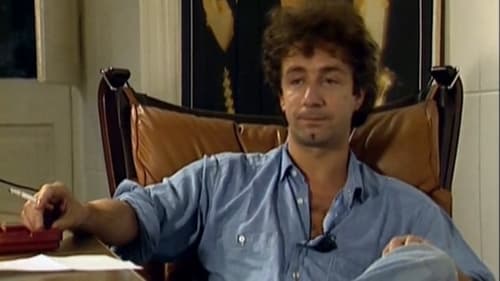
Self
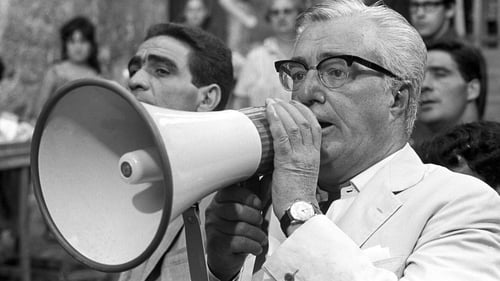
Self
A documentary about Vittorio de Sica with clips of his films and testimonials from friends and family.

Self
Based upon Vincenzoni's biography, "Pane e cinema", the documentary traces the story of the screen play writer who invented many stories that became blockbusters throughout the world.

Self
Documentary exploring the formidable life and career of Italian film star Sophia Loren. With interviews with the actress herself, as well as thoughts from colleagues and admirers, including Woody Allen.

Self
A documentary created by the Criterion Collection for their release of Italian film director Federico Fellini's Amarcord about his relationship with his home town, Rimini, featuring archive interviews with the director and more recent interviews with some of his friends and collaborators.

Self
italian documentary

Self
A look at the making of Federico Fellini's "I Vitelloni".

Self

Self
Documentary

Self
Documentary with interviews and clips of Fellini's movies.
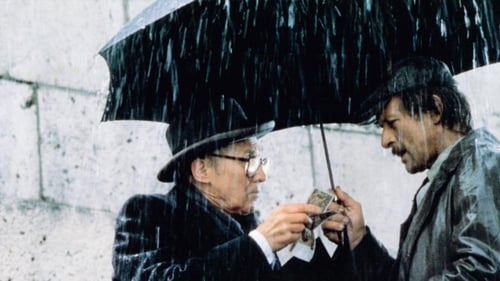
Writer
Andreas Kartak, a homeless man living under the bridges of Paris is lent 200 francs by a stranger as long as he promises to repay it to a local church when he can afford to. Kartak is determined to pay back his debt but circumstances, and his alcoholism, forever intervene.
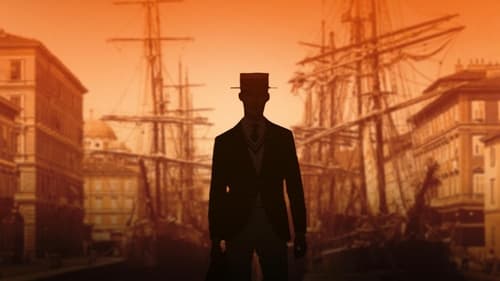
Teleplay
La coscienza di Zeno is a TV adaptation of the 1923 novel by Italo Svevo. It was broadcasted by RAI in 1988.

Writer
A self-proclaimed "knight" and his hapless squire travel the Spanish countryside, attacking "giants" that are really windmills in his attempt to win the love of the fair Dulcinea.
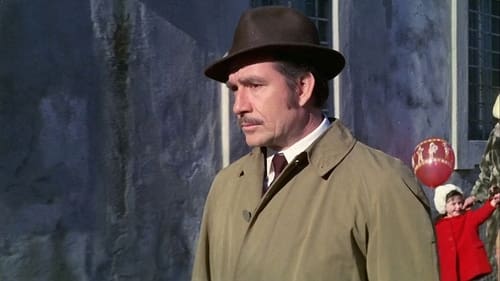
Screenplay
At age 50, tax inspector Emerenziano decides to settle down and aims to the three Tettamanzi sisters, who, though not young or pretty by any means, have recently inherited a large amount of money.
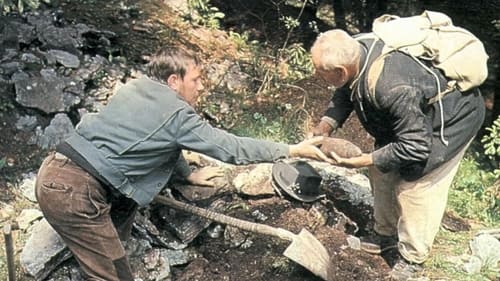
Delegated Producer
Via the Chicago Reader: "After World War II an Italian soldier returns to his hometown near the Alps and, unable to find a job, hooks up with a crotchety hermit who scavenges buried shells and bombs for scrap metal."

Writer
Via the Chicago Reader: "After World War II an Italian soldier returns to his hometown near the Alps and, unable to find a job, hooks up with a crotchety hermit who scavenges buried shells and bombs for scrap metal."
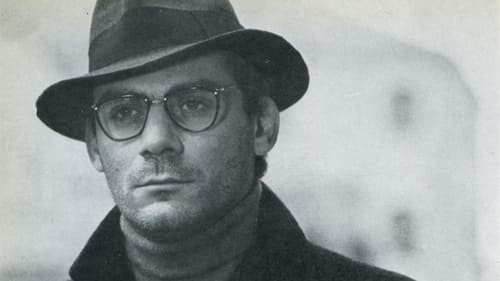
Producer
In Venice in 1943, a group of partisans led by Renato Braschi organize a series of autonomous terrorist attacks against the fascists while the National Liberation Committee urges caution. Renato is determined to carry out his ideas, risking his own life, and not only that...

Writer
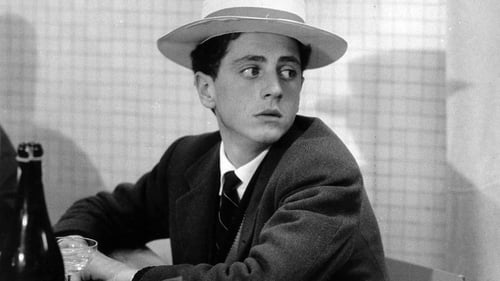
Psychologist (uncredited)
With his family mired in financial troubles, Domenico moves to Milan, Italy, from his small town to get a job in lieu of furthering his education. A lack of options forces him to take a position as a messenger at a big company, where he hopes to receive a promotion soon. There, Domenico meets Antonietta, a young woman in a similar situation as himself. The two form a tentative relationship, but the soulless nature of their jobs threatens to keep them apart.
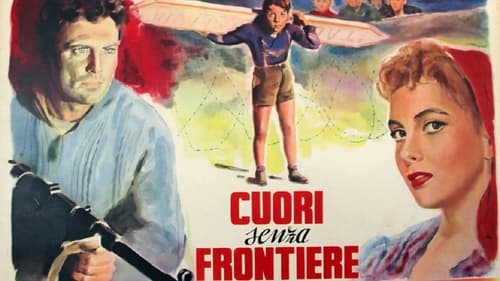
Production Secretary
Following World War II, the Allies designate that an unidentified town in the Trieste area as being partly Yugoslavian and partly Italian. A white line of demarcation splits the town in half and the townspeople are given just a short time to decides on which side of the line they will live. This leads to the dividing of homes, friends, families and the church and tensions run high.

Yugoslav Lieutenant
Following World War II, the Allies designate that an unidentified town in the Trieste area as being partly Yugoslavian and partly Italian. A white line of demarcation splits the town in half and the townspeople are given just a short time to decides on which side of the line they will live. This leads to the dividing of homes, friends, families and the church and tensions run high.













